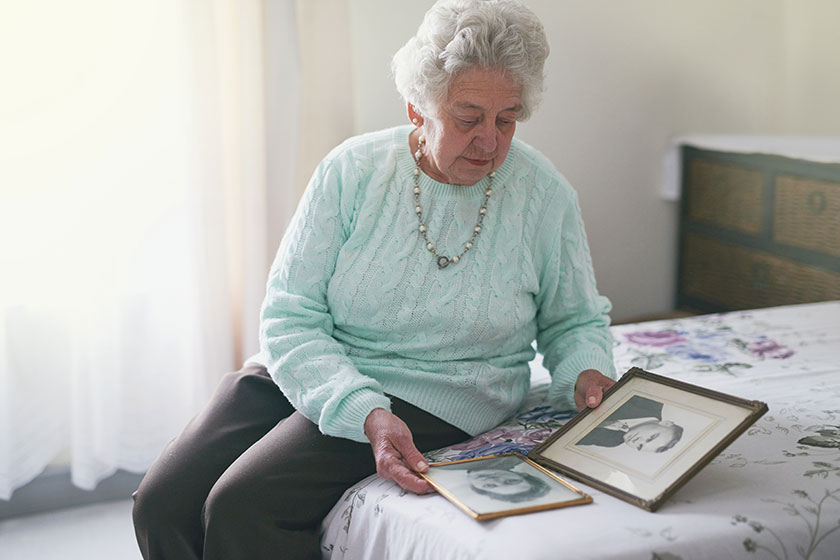Losing a spouse is one of the most profound and life-changing experiences. The process of grief is deeply personal, and as part of that journey, you may eventually face the decision of when to declutter. This task can stir a wide range of emotions, and there’s no universal right or wrong time to start. The key is to approach decluttering at your own pace, allowing your emotions to guide you.
Grieving Takes Time—And So Should Decluttering
Grief is a complex and non-linear process, and after the loss of a spouse, it can feel overwhelming to even think about sorting through their belongings. Some people might feel the urge to begin decluttering soon after their spouse passes, while others may need months or even years before they feel ready.
There’s no specific timeline for when you should start. It’s important to permit yourself to wait until the initial intensity of grief subsides. For many, starting too soon can be emotionally distressing. On the other hand, holding on to everything indefinitely can also feel burdensome. Trust your instincts to know when you’re ready, and don’t let external pressures rush you.
Consider the Emotional Readiness
Before diving into the task, assess your emotional readiness. If going through your spouse’s belongings brings more pain than comfort, it might be best to hold off. You may start small—perhaps with items that don’t carry as much sentimental weight—to ease into the process.
It’s also important to allow yourself the freedom to keep certain items that bring you peace or joy. You don’t need to part with everything, and it’s perfectly okay to hold onto meaningful mementos. What matters most is how you feel during the process, not how much you’ve cleared out.
Take the Help of Loved Ones
Decluttering after the loss of a spouse doesn’t have to be a solitary process. If it feels too overwhelming to do on your own, consider asking family members or close friends to help. Having support during this time can make the process more bearable, offering emotional strength when things get difficult.
Loved ones can also help provide a different perspective on what to keep or let go of, especially when emotions cloud your judgment. However, make sure that any decisions are yours to make. This is your process, and it’s important to maintain control over the decisions that feel right for you.
How Decluttering Can Help You Heal
When the time feels right, decluttering can be a healing step in your grief journey. It allows you to create a space that reflects the new chapter of your life while still honoring the memory of your spouse. Letting go of certain items doesn’t mean letting go of the love or memories you shared.
The physical act of sorting through belongings can also be symbolic of processing your emotions. It may help you feel lighter, both emotionally and mentally. Many people find that decluttering, when done at their own pace, can be a therapeutic step toward acceptance and healing.
No Need to Rush
Remember, there’s no need to rush. You don’t have to tackle everything at once, and you certainly don’t need to do it on anyone else’s timeline. Whether you decide to start six months or six years after the loss, the right time is whenever it feels right for you.
Navigating Decluttering with Compassion
Grief is a deeply personal journey, and decluttering after the loss of a spouse is a part of that process. It’s important to take your time and approach the task when you feel emotionally ready, without rushing or adhering to anyone else’s timeline. Whether you start months or years later, the right time is when it feels right for you.
At our retirement community, we provide a supportive and compassionate environment where residents can navigate their grief journey with the assistance they need. We offer services designed to help create a comfortable, peaceful space that honors your loved one’s memory while supporting your emotional well-being.
Our team is here to help you through each step, providing guidance and resources to make this transition more manageable. Contact us today to learn how we can support you during this time.







